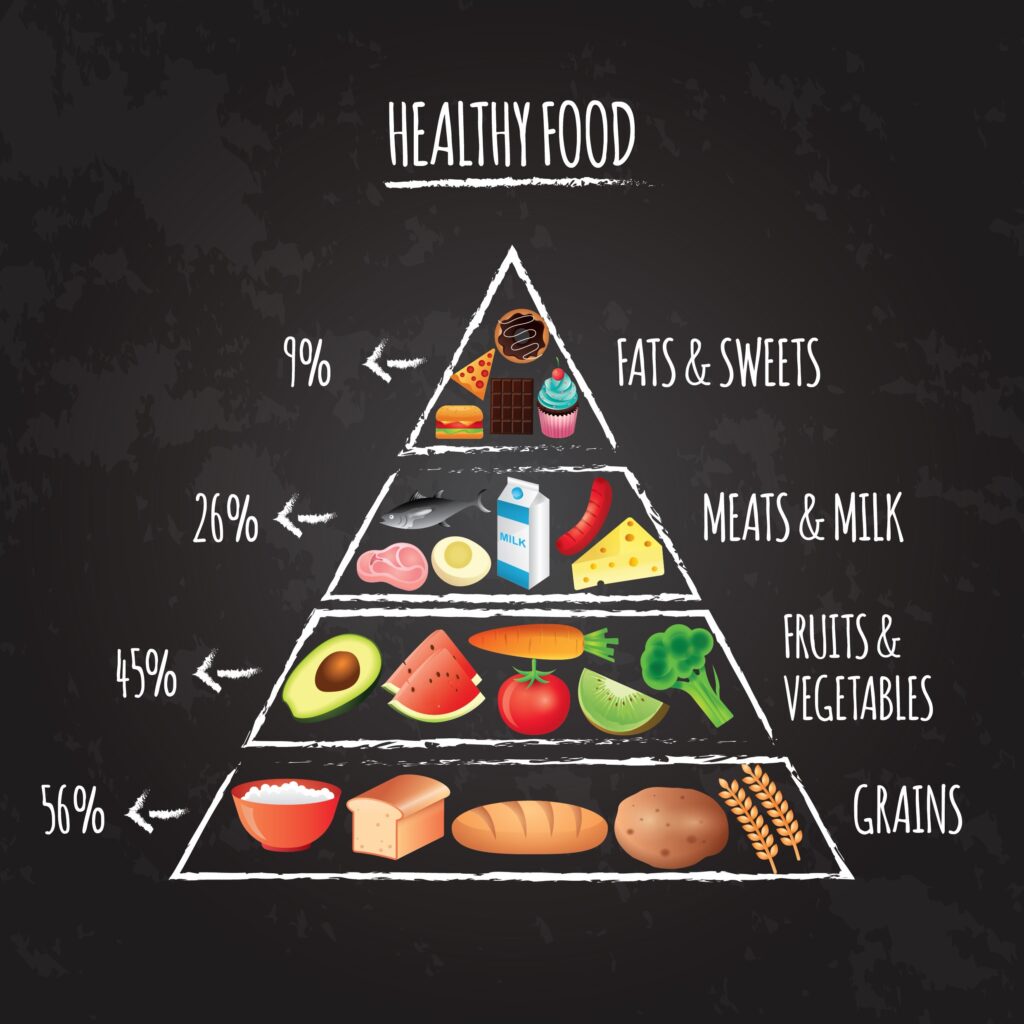Mental Fitness Tips: Diet, Sleep, and More
Are you ready to whip your mind into shape? Look no further – this article has the mental fitness tips you need! Discover how a balanced diet and a good night’s sleep can boost your brainpower. Learn effective stress management techniques to keep your mind calm and clear. Get moving with physical exercise to enhance your mental well-being.
Remember to stimulate your mind and connect with others for a true mental fitness transformation. Let’s dive in!
Importance of Diet for Mental Fitness
Incorporate a balanced and nutrient-rich diet into your daily routine to enhance your mental fitness.
A healthy diet plays a crucial role in promoting and supporting cognitive function. By providing essential nutrients, such as vitamins, minerals, and omega-3 fatty acids, a well-rounded diet can help optimize your brain’s performance.
Consuming foods rich in antioxidants, such as fruits, vegetables, and whole grains, can protect your brain cells from damage caused by free radicals. Additionally, including sources of protein, such as protein-sourced legumes, can provide the building blocks for neurotransmitters, which are crucial for optimal brain function.
Remember to stay hydrated by drinking enough water throughout the day, as dehydration can negatively impact cognitive abilities.

The Role of Sleep in Mental Health
Prioritizing sufficient sleep is essential for maintaining optimal mental health. Sleep deprivation can have a significant impact on your emotional well-being, cognitive function, and overall mental fitness. It’s important to understand the role that sleep plays in your mental health, as well as the potential consequences of sleep disorders.
Here are three key points to consider:
- Sleep deprivation: Lack of sleep can lead to increased irritability, mood swings, and difficulty concentrating. It can also contribute to the development of mental health disorders such as anxiety and depression.
- Sleep disorders: Conditions like insomnia, sleep apnea, and restless leg syndrome can disrupt your sleep patterns and hinder your mental well-being. It’s crucial to seek professional help if you suspect you have a sleep disorder.
- Restorative sleep: Quality sleep is essential for your brain to recharge and repair itself. Creating a relaxing bedtime routine, maintaining a consistent sleep schedule, and creating a sleep-friendly environment can help promote restorative sleep and improve your mental health.
Effective Stress Management Techniques
To effectively manage stress, it’s essential to find healthy coping mechanisms to help you navigate daily life’s challenges. Stress relief techniques are vital for maintaining mental well-being and overall health.
One effective technique is mindfulness practice. Mindfulness involves being fully present in the moment and accepting your thoughts and feelings without judgment. It allows you to observe your stressors without getting caught up in them, helping you develop a sense of calm and control.
Mindfulness practices such as meditation, deep breathing exercises, and yoga can help reduce stress levels and promote relaxation.
Additionally, engaging in activities you enjoy, such as hobbies or spending time with loved ones, can provide a much-needed break from stress.
Physical Exercise and Mental Well-being
Regular physical exercise is crucial for maintaining optimal mental well-being and overall health, as it helps to manage stress and improve mood effectively. Physical exercise benefits both the body and mind, creating a positive impact on your mental well-being.
Here are three important benefits of physical exercise for mental well-being:
- Boosts mood: Physical exercise stimulates the production of endorphins, also known as ‘feel-good’ hormones. These hormones help to enhance your mood and reduce feelings of anxiety and depression.
- Reduces stress: Engaging in physical activity helps to reduce stress levels by providing an outlet for pent-up energy and tension. It can also distract your mind from negative thoughts and help you relax.
- Enhances cognitive function: Regular exercise has been linked to improved cognitive function, including enhanced memory and focus. It can also increase creativity and productivity, allowing you to better handle mental tasks.
Enhancing Mental Fitness Through Stimulation and Interaction
Interacting with others and engaging in stimulating activities can greatly enhance your mental fitness. It’s important to find hobbies and activities that stimulate your mind, such as playing a musical instrument, painting, or learning a new language. These stimulating hobbies not only provide a sense of purpose and fulfillment, but they also challenge your brain and keep it sharp.
Additionally, social connections are crucial for mental well-being. Surrounding yourself with positive and supportive people can boost your mood and provide a sense of belonging. Whether it’s joining a club, volunteering, or simply spending time with loved ones, social interactions help reduce stress and promote a healthy mind.











